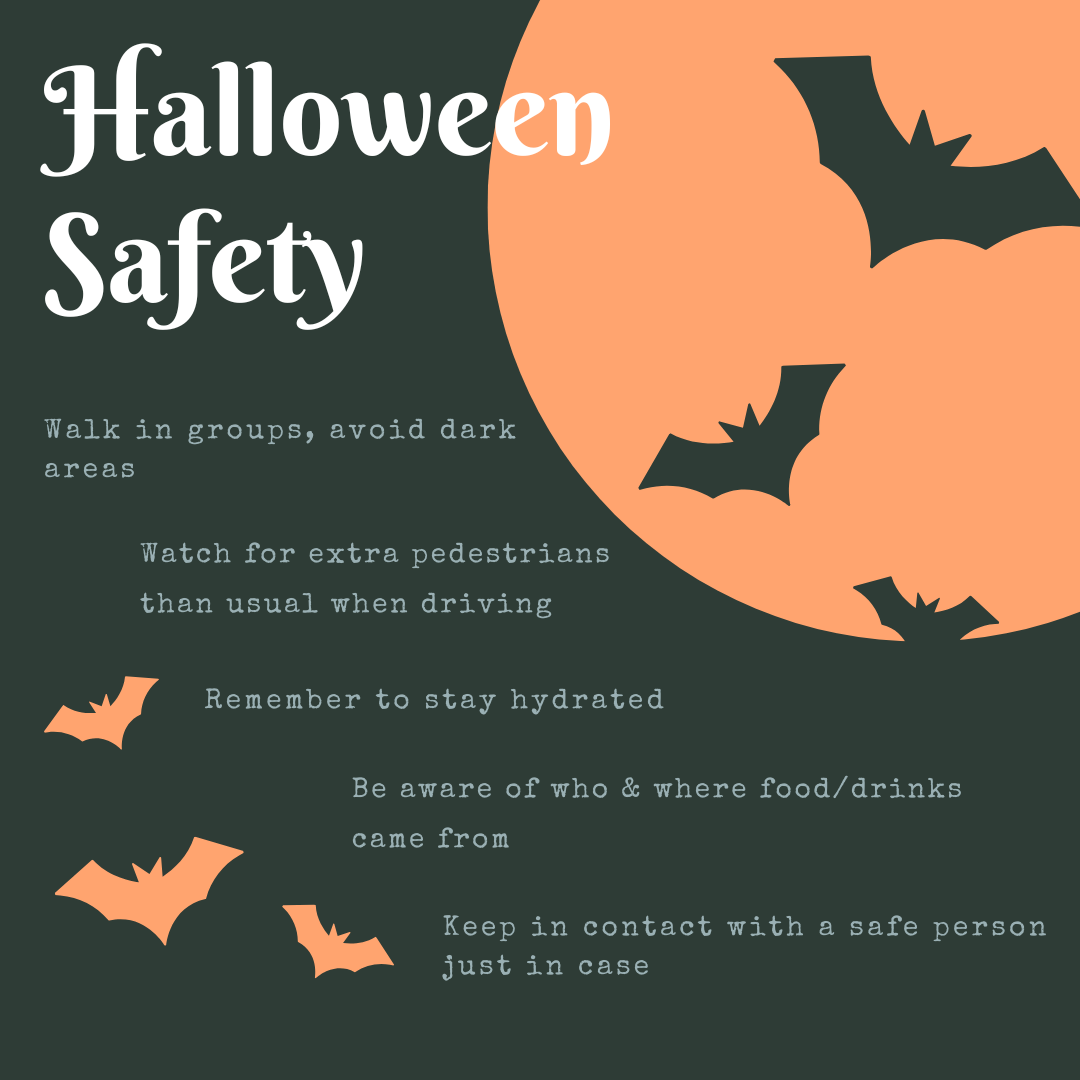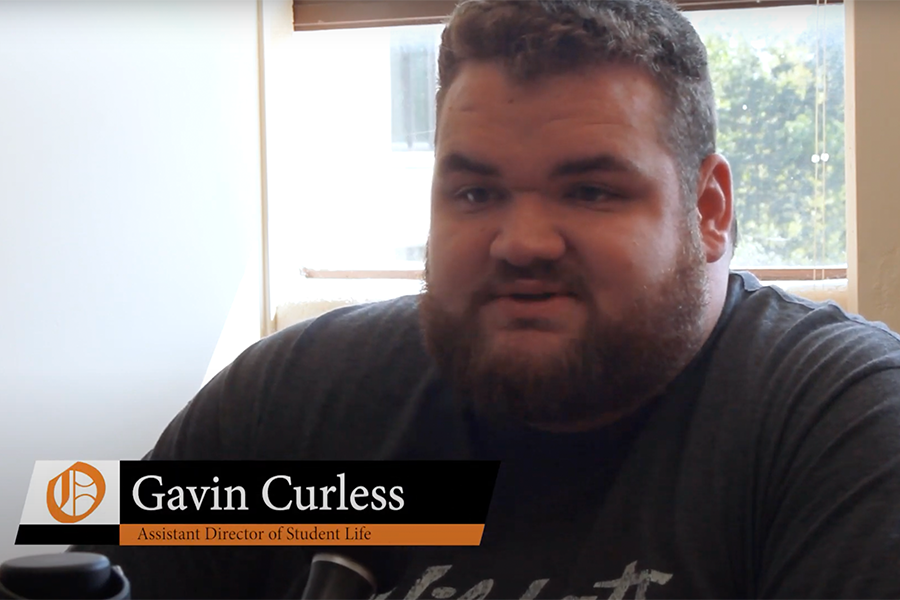Websites black out to protest SOPA
Imagine an online world where you can’t go to YouTube to watch your favorite music video.
Imagine writing a paper without the help of the Internet for research.
Imagine your Facebook page being censored by the government.
The Stop Online Piracy Act and the Protect IP Act could turn these gut-wrenching ideas into reality.
The purpose of the two bills, SOPA and PIPA, is to prevent copyright infringement. In an effort to do so, the bills would give United States’ law enforcement the power to block access to entire Internet domains.
The Digital Millennium Copyright Act, or DMCA, is a law already in place, which removes specific content from the web when it is being used without authorization, however, SOPA and PIPA take this one step further.
These bills would take down the hosting site rather than just the unauthorized content.
This means one person posting some type of copyright infringement on a webpage could shut down that entire site.
Many websites such as Wikipedia, Google and Mozilla protested the bills on Jan. 18 by blacking out their websites, censoring their names and urging Internet users to contact their local state representative.
Wikipedia blacked out its webpage and encouraged users to “imagine a world without free knowledge.”
Think of your week. How often do you log on to YouTube? How often do you use Wikipedia to write a paper or to study for a test?
Think of how you would have to completely change your lifestyle from how you study to listening to music or watching videos if one of these websites was removed.
Even in the newsroom, the Baker Orange could be affected.
Internet users have the ability to comment on any type of forum. If they do this, the website hosting the forum could be penalized depending on what is posted.
This means the Baker Orange could be held liable for a commentor posting any copyrighted materials on our website.
Think of it as a basketball game. Is it fair for the whole crowd to be removed from a game if just one fan is misbehaving?
Although the two bills are now tabled after the protesting efforts of various websites, the revision of SOPA and PIPA still may not be enough to keep the government from censoring the Internet.
As of now, Kansas senators and representatives are opposed to SOPA and PIPA, but that could change.
As SOPA and PIPA are revised, pay attention to what the government will have control over and how the Internet could be changed for good.







